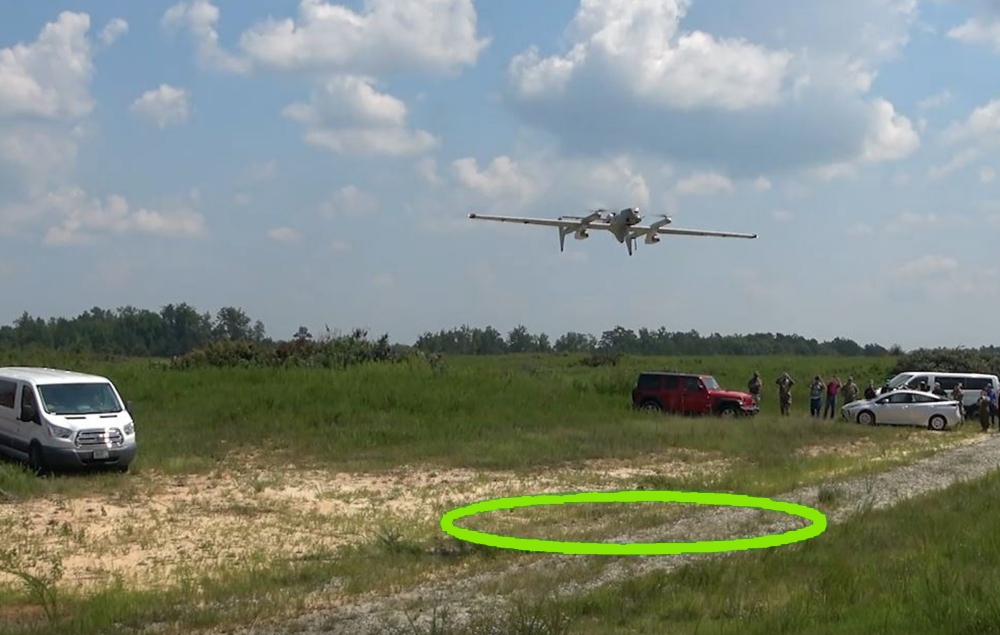Near Earth Autonomy and L3Harris Technologies have successfully demonstrated an unmanned aircraft system (UAS) capable of autonomously delivering life-saving blood and other medical supplies hundreds of miles from operational bases to medics in the field.
Whole blood is the ideal fluid for hemorrhagic shock treatment in tactical combat care. The U.S. Army’s Medical Research and Development Command’s (USAMRDC) Telemedicine and Advanced Technology Research Center (TATRC) sponsored the demonstration to identify ways to save Warfighters’ lives in situations where access to whole blood in the field can be challenging. The project also addresses the problem of whole blood going unused and wasted by recovering it to blood banks in reusable condition.
Near Earth successfully integrated its autonomous flight systems and L3Harris’ FVR-90 hybrid VTOL aircraft to demonstrate multiple delivery scenarios. In one example, the UAS analyzed landing areas using onboard sensors to find a safe, unobstructed location. In other tests, the ground was too cluttered for the vehicle to land, so transport pods were dropped from a low altitude hover or released via parachute. The demonstration took place in Ft. Pickett, VA, in August of 2021.
“Near Earth and L3Harris have developed a compelling technical solution to a challenging problem statement derived from current needs and future operating concepts. Together, they have smartly integrated their aircraft autonomy and blood storage system with a capable UAS, demonstrating the ability to support field care, when immediate patient evacuation is not possible, through long-range delivery and recovery of critical supplies without requiring any forward infrastructure,”
said Nathan Fisher, Chief of the Medical Robotic and Autonomous Systems Division at TATRC and the government sponsor.
“This achievement leveraged L3Harris and Near Earth’s broad UAS expertise to address the exact type of advanced missions that our Warfighters need,” said Dave Duggan, President, Precision Engagement Systems, L3Harris. “When combined with autonomous delivery zone evaluation, vertical takeoff and landing and long-distance flight can transform field supply logistics.”
Sanjiv Singh, CEO of Near Earth, said,
“This project allowed us to demonstrate the utility of autonomous, safe landing in complex, unstructured environments. It is especially gratifying to speak to end users who can benefit from the life-saving applications that are now possible through this innovative program.”
This research and development initiative was conducted by Near Earth Autonomy and L3Harris and is made possible by a contract that was awarded and administered by the U.S. Army Medical Research & Development Command (USAMRDC) and the Telemedicine & Advanced Technology Research Center (TATRC), at Fort Detrick, MD under Contract Numbers: W81XWH20C0026 and W81XWH20C0062
Source: Press Release

